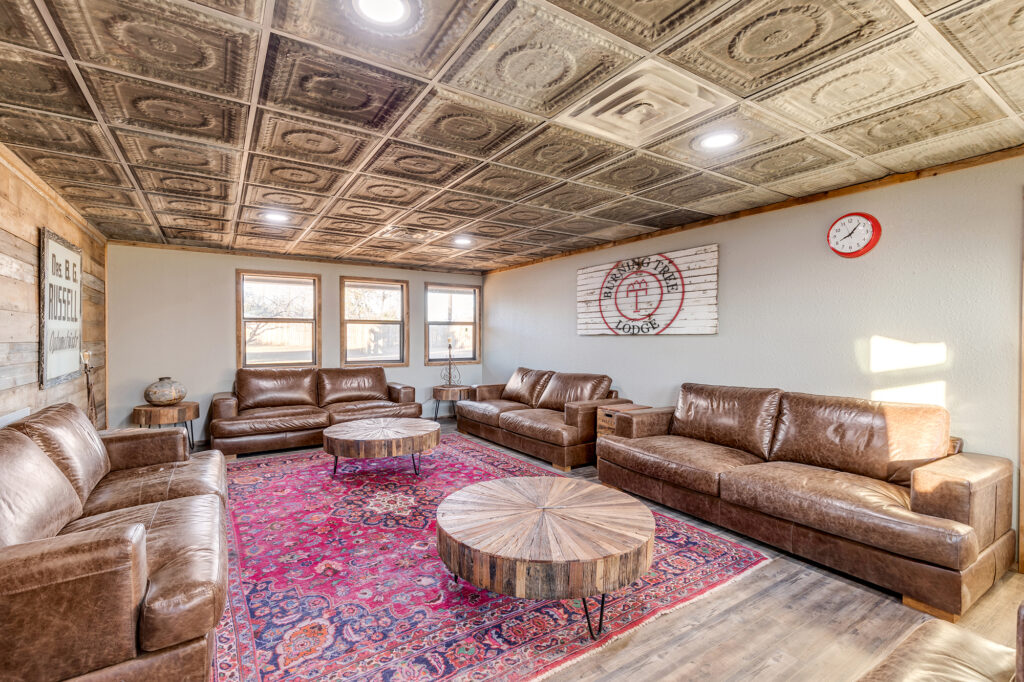Inpatient Rehab for Prescription Drug Addiction
Prescription drug addiction is a pressing and multifaceted health issue that affects millions globally.

Why Is Prescription Drug Addiction a Silent Epidemic?
Prescription drug addiction is a prevalent problem that often goes unnoticed.
While these medications are designed to alleviate pain, manage mental health, and improve quality of life, they can also become a source of deep-rooted addiction when misused or abused. Unlike illicit substances, the legitimacy surrounding prescription drugs often masks their potential for addiction, making it a uniquely insidious problem.
Society’s increasing reliance on prescription medications for various health issues has inadvertently opened the doors for potential misuse, creating a complex dilemma that blurs the lines between medical necessity and addiction. Understanding the gravity and nuances of prescription drug addiction is the first step in addressing this growing crisis.

“Our priority is to get people well by developing ethical treatments rooted in science.”
Eric Button
Executive Director
Signs and Symptoms of Prescription Drug Addiction
While prescription drug addiction can involve various medications, certain types are more prone to misuse and addiction. Among the commonly abused classes are:
Frequenting multiple healthcare providers to obtain prescriptions for the same drug, often under false pretenses.
Regularly taking more than the prescribed amount.
Noticeable weight loss or gain, dilated or constricted pupils, or changes in hygiene can be signs of misuse.
Ignoring personal, work, or academic duties due to drug use.
Extreme mood fluctuations, from periods of euphoria when the drug is in effect to irritability or depression when it is not.
Excessive sleep or insomnia can signal that something is awry, depending on the medication being misused.
Becoming withdrawn from family and friends and being secretive about the whereabouts of prescriptions or how the medication is consumed.
Taking the drug even when the initial ailment is no longer present.
Understanding these signs can be the first step in identifying an issue, opening a dialogue, and seeking the help needed for recovery.
What is Prescription Drug Addiction?
Prescription drug addiction is the compulsive and chronic misuse of medications physicians prescribe to treat specific ailments. While these drugs are intended for therapeutic purposes, such as pain relief, anxiety management, or sleep regulation, they can also have psychoactive effects that some individuals might find desirable. When individuals begin to consume these medications in ways other than their prescribed manner, whether increasing their dosage, taking them more frequently, or using them for reasons other than medical necessity, it can lead to physical and psychological dependence.
Over time, the continued misuse can result in a persistent need for the drug, leading to detrimental health, social, and financial consequences. Understanding prescription drug addiction is crucial because, unlike illicit substances, these drugs often begin their journey in the safety of a medicine cabinet, making their potential for harm underestimated.
What Are The Treatment Options for Cocaine Addiction?
Acknowledging a problem with prescription drug misuse is a monumental step, but the true journey begins with the pursuit of recovery. Treatment approaches are multidimensional and must be tailored to each individual’s unique needs, as prescription drug addiction often comes with a range of physical and psychological implications. The following are some effective approaches to treatment:
Inpatient Programs
Initiating any treatment begins with a thorough consultation with our clinical team. This crucial step identifies underlying issues or co-existing conditions, allowing for the creation of a personalized treatment plan tailored to meet the individual’s unique needs.
Inpatient Care
Inpatient care for prescription drug addiction offers a structured and supportive environment for individuals struggling to overcome dependency on prescribed medications.
Cognitive-Behavioral Therapy (CBT)
This approach helps individuals identify triggers and destructive thought patterns, equipping them with coping skills for cravings and stressful situations.
Motivational Interviewing
This patient-centered approach focuses on intrinsic motivation to change behavior and commit to treatment.
Family Therapy
Involving family members can offer additional emotional support and accountability, making it a crucial component in a comprehensive approach to treating addiction.
Twelve Step Facilitation
We incorporate the 12-steps to address the three-fold illness of addiction—mind, body, and spirit—promoting emotional healing, stress reduction, and overall well-being through proven, time-tested principles.
Commonly Abused Prescription Medications
While prescription drug addiction can involve various medications, certain types are more prone to misuse and addiction. Among the commonly abused classes are:
- Opioids: Medications like OxyContin, Percocet, and Vicodin are often prescribed for pain relief. Their potent effects and potential for dependence make them one of the most widely abused prescription drugs.
- Benzodiazepines: Medications such as Xanax, Valium, and Ativan, often prescribed for anxiety and sleep disturbances, are also susceptible to misuse because of their sedative properties.
- Stimulants: Medications like Adderall and Ritalin, usually prescribed for Attention Deficit Hyperactivity Disorder (ADHD) , carry a significant risk of being misused, especially by students looking for a boost in cognitive performance.
- Sleep Aids: Drugs like Ambien and Lunesta are designed to help people sleep but can be misused for their sedative effects.
- Antidepressants: While less commonly abused, medications like Prozac and Zoloft can be misused by individuals seeking mood enhancements.
Awareness and understanding of these commonly abused medications are crucial steps in mitigating the growing issue of prescription drug addiction.
Take the First Step: Reach Out for Help
Addressing prescription drug addiction is a complex and often multi-layered process, requiring expertise and a holistic approach to treatment. At Burning Tree Lodge, we tackle the physical facets of dependency and address underlying mental health issues through our dual diagnosis treatment center.
Here, personalized care plans are formulated to meet the unique needs of each individual, employing a comprehensive strategy that deals with both the addiction and any co-occurring mental health conditions.
If you or someone you love is struggling with prescription drug addiction, don’t wait for the situation to worsen. Take the first step toward recovery and regain control of your life by contacting Burning Tree Lodge today.